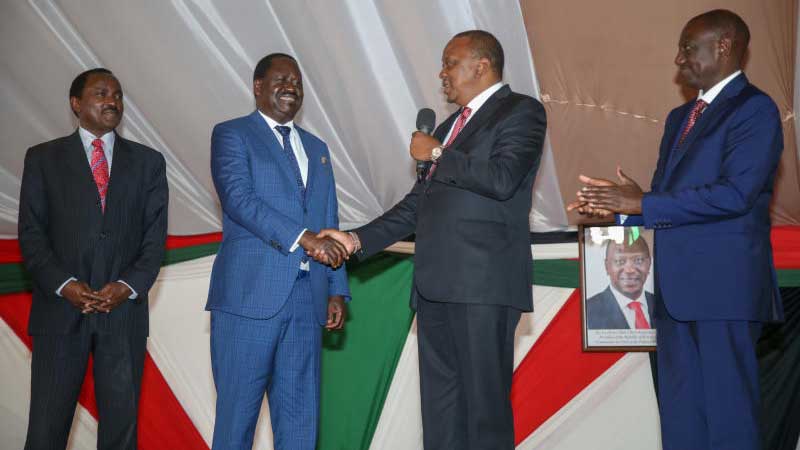×
The Standard e-Paper
Fearless, Trusted News

For the past decade, Kenya has been obsessed with the ‘Big Four’ – Uhuru Kenyatta, William Ruto, Raila Odinga and Kalonzo Musyoka.
Ever since the 2007 post-election violence, these four men have dominated our politics, our news and our society. In two presidential elections, like a tennis doubles match, the four have faced off against one another, but that doesn’t tell even half the story.